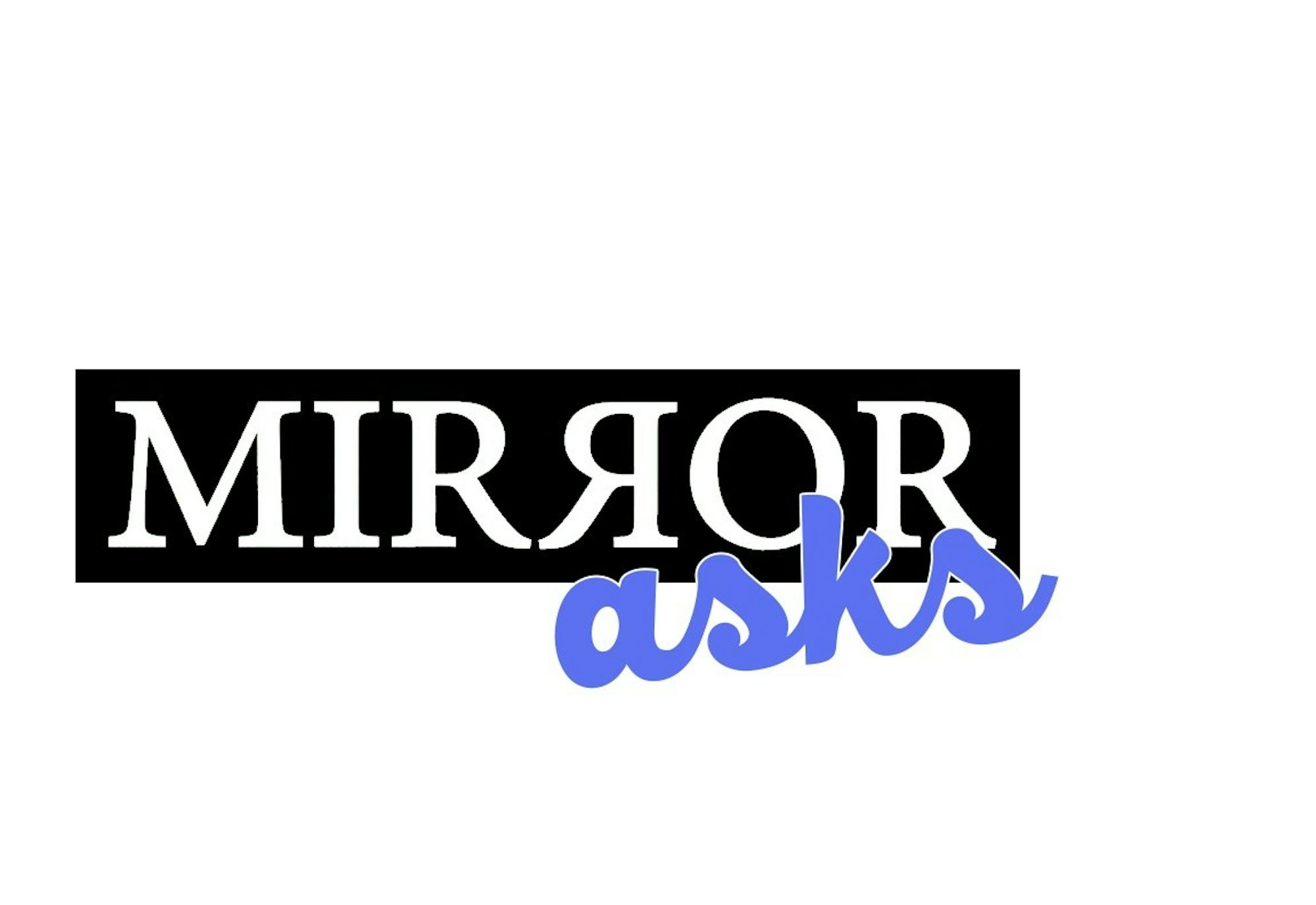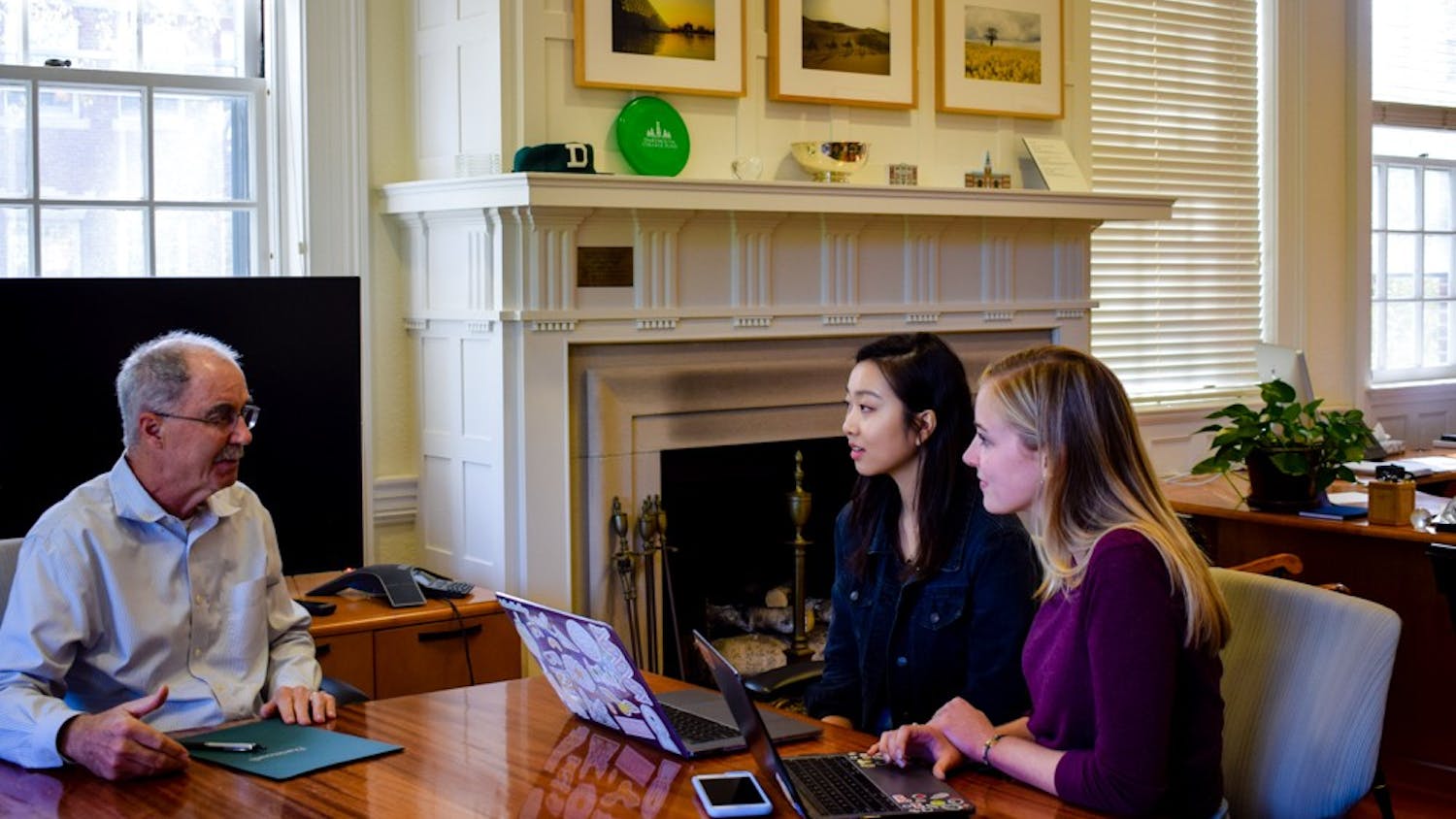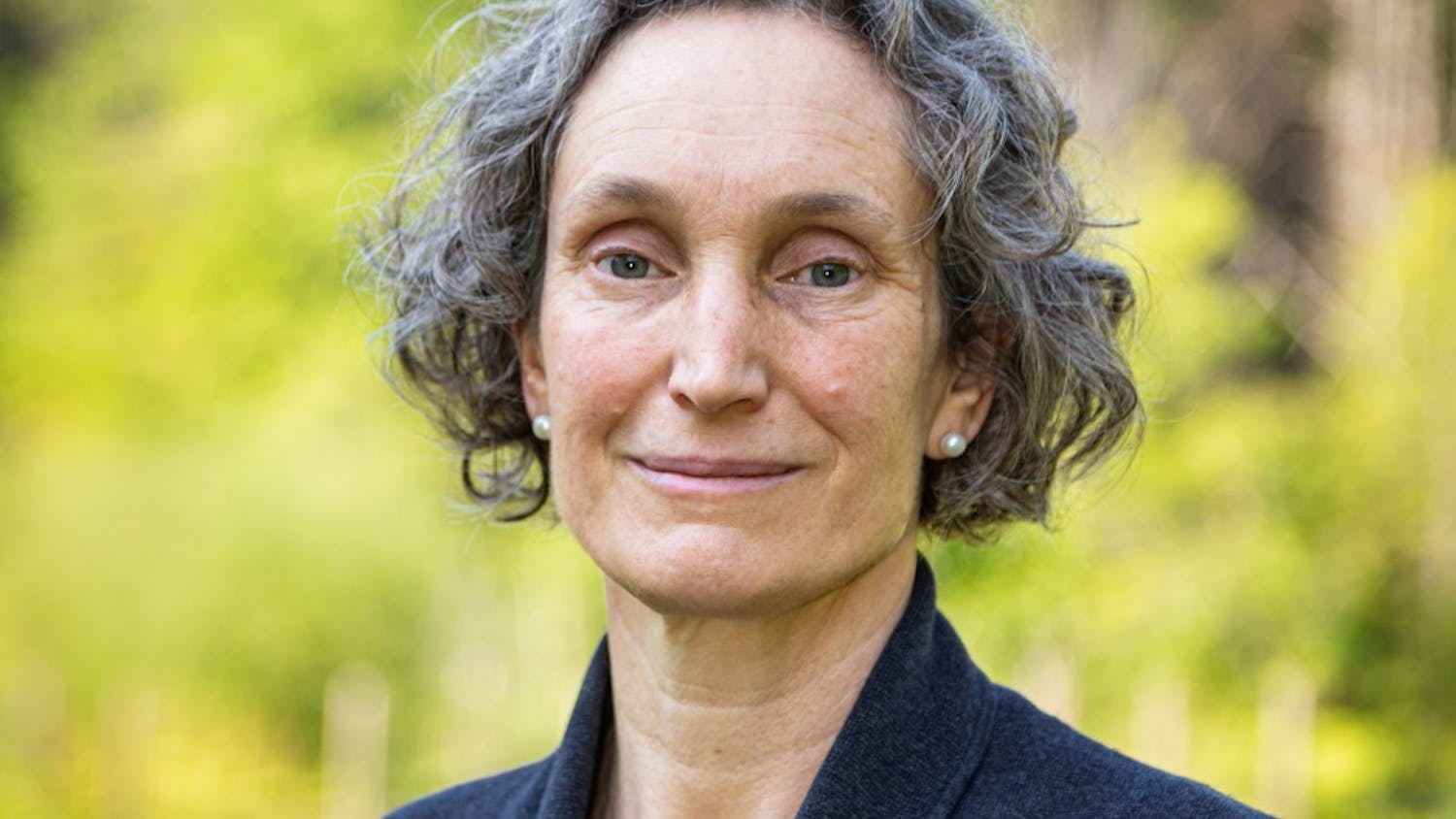What part of your identity is most important to you?
Anne Johnakin ’23: My passions. I think a large part of who I am comes from what I love to do, and that’s the part of myself I like to share with others the most.
Lucas Joshi ’23: Being multiracial, I share an appreciation for more than just one culture.
Elizabeth Whiting ’21: My hometown and family roots, which I see as inextricably woven together.
Sophie Bailey ’22: Bi-racial/multi-culturalism (half white/Irish and half South Asian/Indian).
How has your identity changed since coming to Dartmouth?
AJ: I am less afraid to be myself at Dartmouth because there are no preconceived notions of me from when I was little. I don’t have to pretend to be someone I used to be; I can be who I am now.
LJ: I had never seen so many other multiracial students as well. It’s incredible!
EW: I became more aware of the more uncommon aspects of my identity and grew increasingly proud of those parts of me. Interestingly enough, I see my own identity as very much same if not more secure now.
Allison Falco ’23: I wouldn’t say my identity has changed, but more so, it has grown. My identity is still rooted in the same things: being a woman, a writer, a dancer, a mental health advocate, etc. Dartmouth has allowed me to cultivate each of these areas more than I have ever been able to before.
SB: I feel like people are a lot less prone to just assuming my racial/cultural identity than people are at home in Arizona.
Charlie Ciporin ’23: My high school was super small and everyone knew me. I was also the only out gay person in my entire school. Since coming here, I’ve been able to define myself more on my own terms and not just be known as “the gay kid,” which has been really nice.
Is your identity at school different at all from your identity at home?
AJ: It isn’t very different, but I’d say I am more independent here than I am at home, mostly because I have to be.
LJ: To some degree, I think I am still more comfortable with my identity at home. I have been in the same, loving community for almost the entirety of my life. At Dartmouth, I know I am getting to know one more.
EW: My identity at school centers more around where I am from, as it has shaped so much of my personality and world view. At home, it pertains more to how I act. Further, my identity at school emphasizes the way I think more than my identity that my friends at home see.
SB: At home, a lot of my more academic-oriented, driven, determined, intelligence qualities seem starker, even with the way I phrase things. Whereas at Dartmouth, those kinds of qualities apply to everyone, so I feel like more of my identity as someone who loves art and drawing and florals and a more relaxed/calming atmosphere comes into play.
CC: Since I’m a ’23, I feel like I’m going to have to see what happens over winterim!
Have you ever taken a bad ID photo? Tell us about it.
AJ: My learner’s permit, which I still have to use because I don’t have my license yet. I thought I looked so good in person that day, but the photo turned out terrible.
LJ: Every so often I have this vein that pops out on my forehead when I smile. During my junior year in high school, I remember giving a big smile for my photo. A few weeks later, my yearbook picture came back and well ... forehead vein!
EW: I have never taken a bad ID photo, but I ended up taking getting a new Dartmouth ID because the Registrar spelled my name wrong on my original one from freshman fall. I finally got my name change approved in the middle of winter term, and the contrast in pictures definitely expressed the toll of the weather on my spirits. The two ID photos became sort of a “before and after” of my first Hanover winter.
SB: Yes. My permit was worse, but my driver’s license is pretty bad. My face is just so round and shiny and swollen. I hope that when people look at it, they have a hard time seeing that it’s me.
CC: My sixth grade school ID photo was horrendous. My hair stuck up at least six inches over my head, and I opened my eyes so wide I looked crazed.
How do you interact with people whose identities differ from your own?
AJ: There are so many facets of your personality and your identity, and it can be hard when you meet someone for the first time not to put them in a single box. I’ve met so many people here at Dartmouth, and time and time again they surprise me, which I love. Everyone here has so many layers, and it’s exciting to get to know all the different sides of people.
LJ: For me, it is a grounding experience. Even though we all share many comparable qualities, it is such a reminder that there lies a unique identity in us all.
EW: Identity is amorphous and in constant flux. So my identity differs from my own identity yesterday or an hour ago. I can’t expect to share an identity with someone else, so interactions become exciting opportunities for mutual learning and growth. I interact with people whose identities differ from my own to expand my mind, and theirs, and contribute to our respective worlds of identity. It’s an exciting thing.
SB: Just trying not to assume anything about anyone, even though it’s really hard, because I’ve had people assume things about my identity and it’s really frustrating.
CC: I think I’ve always sought out people who are different from me. It was harder to do at home since I come from a pretty homogenous area, but it’s been nice coming to a more diverse campus here.




